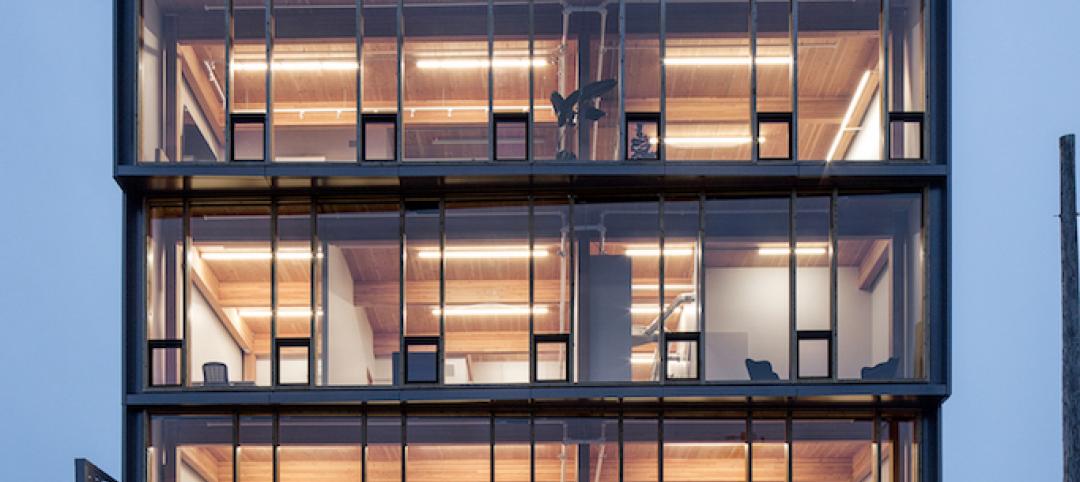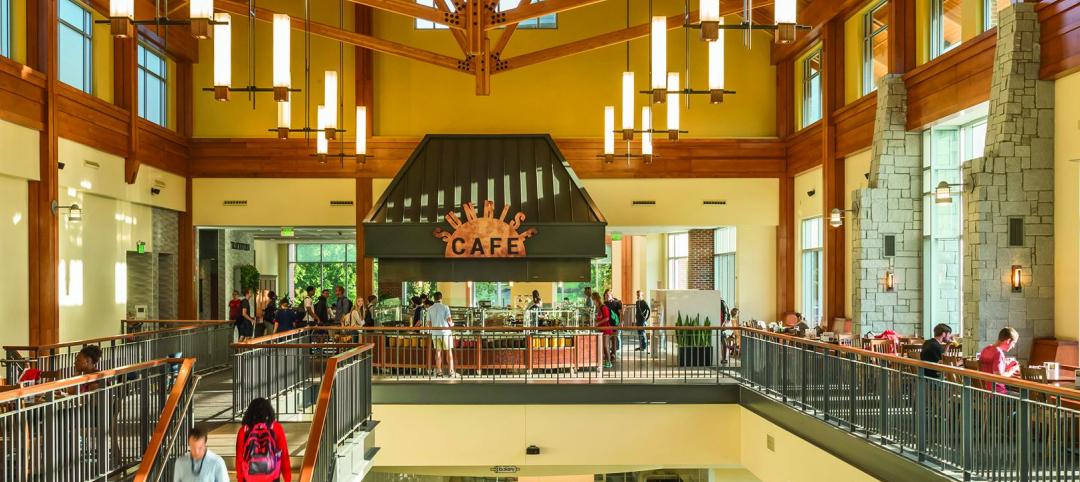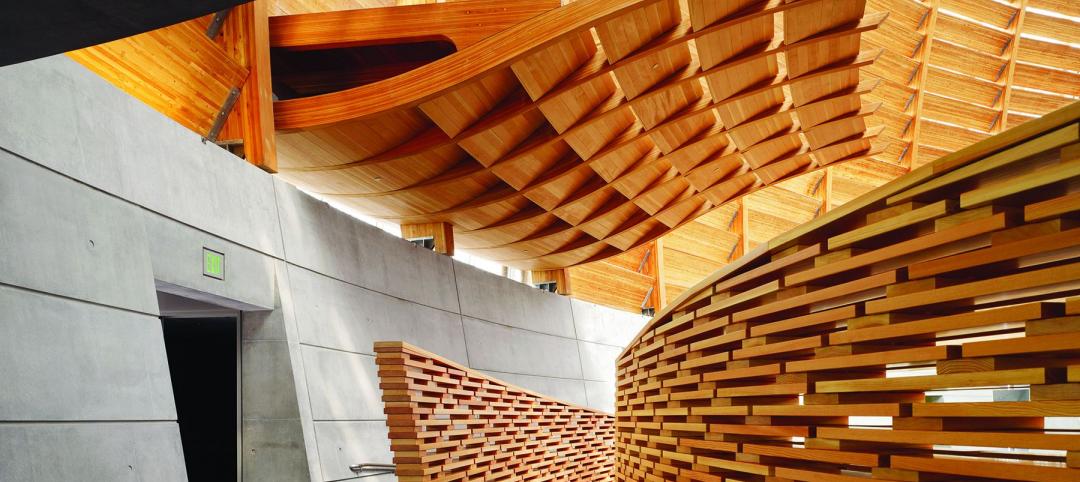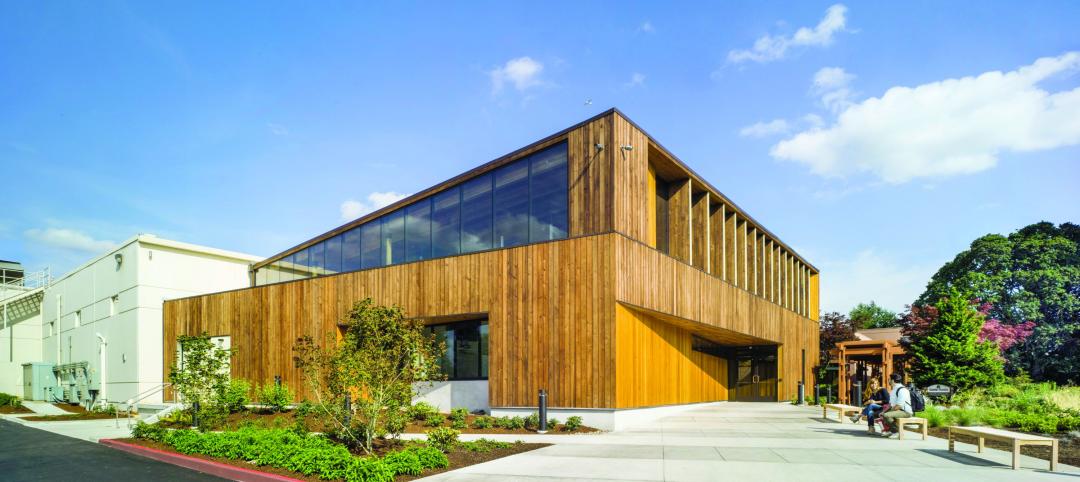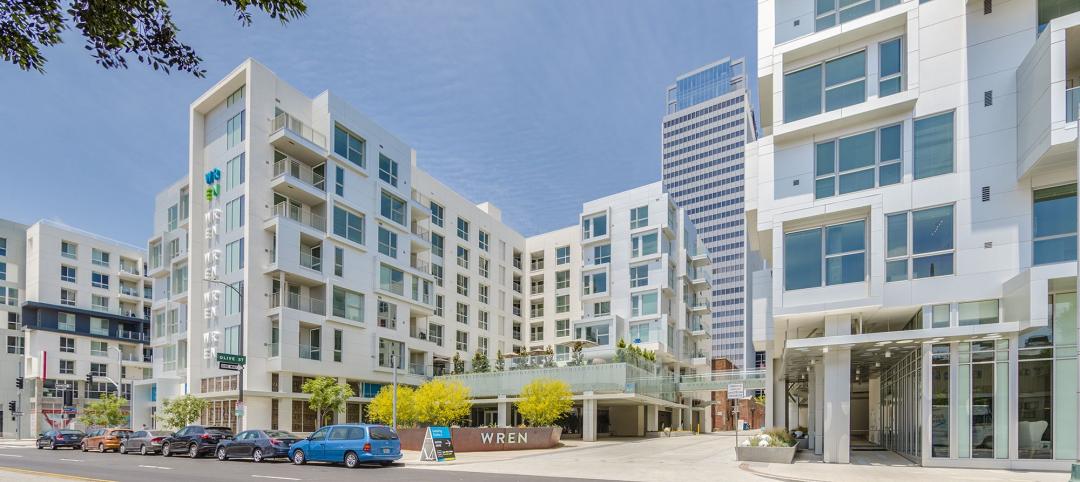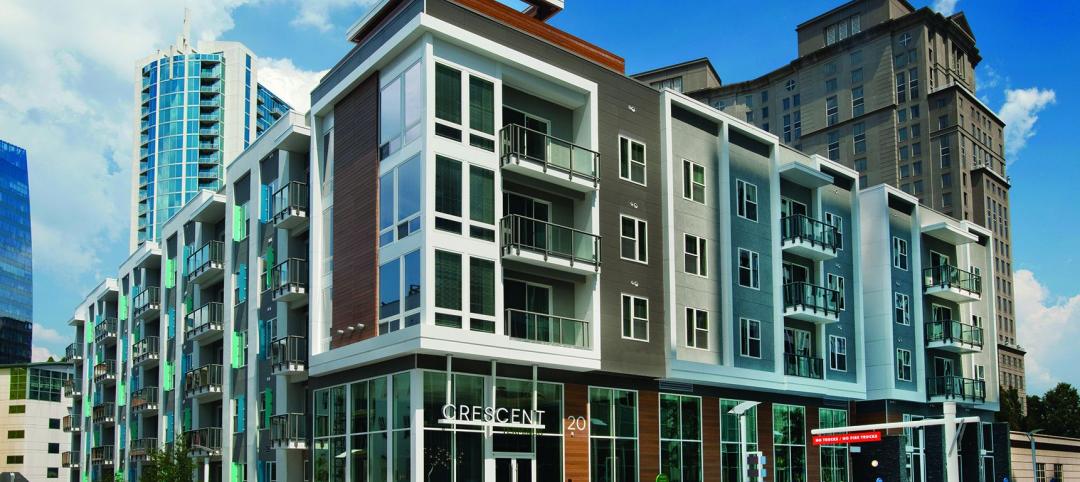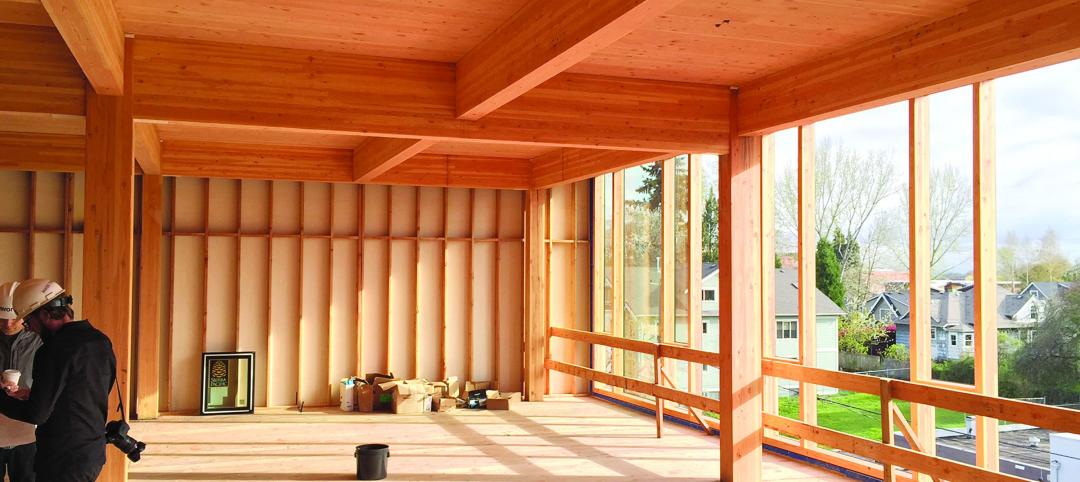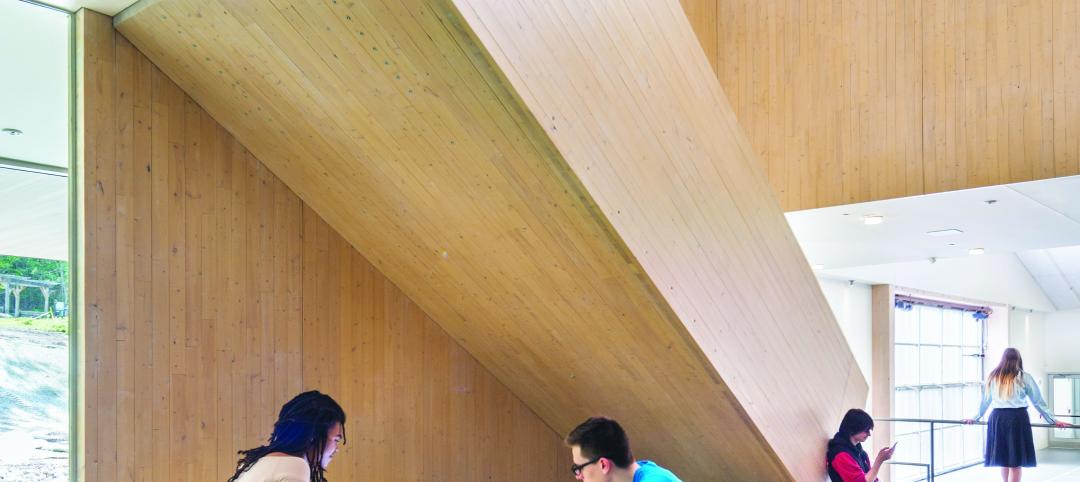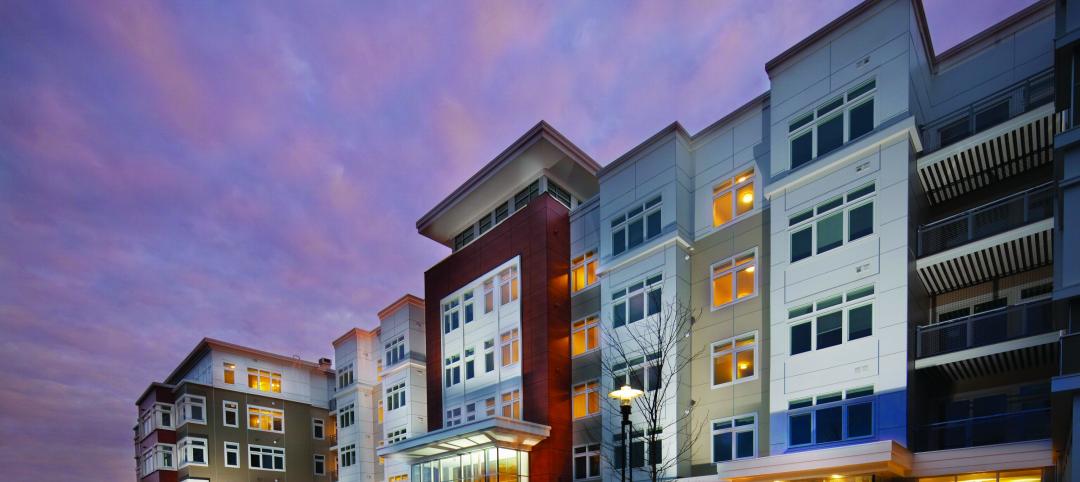The Business Case for Building with Wood

Increasingly, building owners and design professionals are turning to wood construction to satisfy all of these industry, market, and regulatory demands and challenges. Long valued as a building material for its performance and cost advantages, today’s building owners are choosing wood to satisfy these and other value propositions, from environmental sustainability and resilience to creating distinctive buildings that appeal to the next generation of employees and apartment dwellers, all while meeting tight budgets and construction timelines. This course looks at how wood construction can contribute to process efficiency, sustainability, and marketability.
Learning Objectives:
- Explain how wood construction can be used to reduce construction timeframes, ensure quality, and accommodate changes in the field.
- Name some value propositions other than cost that are making wood an attractive construction choice for building owners.
- Describe common prefabricated and modular components and assemblies that are used in wood construction today.
- Describe how wood is being used to create environments that appeal to the new generation of employees and occupants.
- Explain how recent code changes are enabling cost-effective, high-density designs.
More Campus Related Content
Building Materials and Equipment
Wood and Evolving Codes: The 2018 IBC and Emerging Wood Technologies
Increasingly, designers, builders, and building owners are turning to one of our oldest building materials: wood. Valued for its versatility, low…
 course credit: 1.5 AIA LU/HSW
course credit: 1.5 AIA LU/HSW
Provided By: Think Wood
Building Materials and Equipment
Wood and Indoor Environment
The objectives of sustainable design are broader than just environmental effects, having come to embrace issues of human health and performance. Many…
 course credit: 1.0 AIA LU/HSW
course credit: 1.0 AIA LU/HSW
Provided By: Think Wood
Building Materials and Equipment
Thinking Wood as a Material of Choice
Designers today are finding new possibilities in one of the oldest building materials on earth. Wood has always been valued for its beauty, abundance…
 course credit: 1.0 AIA LU/HSW
course credit: 1.0 AIA LU/HSW
Provided By: Think Wood
Building Materials and Equipment
Opportunities for Wood in Low-Rise Commercial Buildings
When designing restaurants, stores, and low-rise offices, certain features come to mind as typical. These buildings tend to have large openings that…
 course credit: 1.0 AIA LU/HSW
course credit: 1.0 AIA LU/HSW
Provided By: Think Wood
Building Materials and Equipment
Multifamily, Mid-Rise Buildings Using Wood Construction
Multifamily housing is an active part of design and construction activity across the U.S. Steel, concrete and masonry typically come to mind as…
 course credit: 1.0 AIA LU/HSW
course credit: 1.0 AIA LU/HSW
Provided By: Think Wood
Building Materials and Equipment
Mid-Rise Wood Construction
Cost-effective, code-compliant and sustainable, mid-rise wood construction is gaining the attention of design professionals nationwide, who see it as…
 course credit: 1.0 AIA LU/HSW
course credit: 1.0 AIA LU/HSW
Provided By: Think Wood
Building Materials and Equipment
Mass Timber in North America
This course is intended for architects and engineers seeking current information on mass timber, including products, research related to structural…
 course credit: 1.5 AIA LU/HSW
course credit: 1.5 AIA LU/HSW
Provided By: Think Wood
Building Materials and Equipment
The Impact of Wood Use on North American Forests
As green building has evolved beyond its initial emphasis on energy efficiency, greater attention has been given to the choice of structural…
 course credit: 1.0 AIA LU/HSW
course credit: 1.0 AIA LU/HSW
Provided By: Think Wood
Building Materials and Equipment
Designing Modern Wood Schools
This course takes a practical look at the design of wood schools, emphasizing opportunities with traditional wood-frame construction and, in…
 course credit: 1.5 AIA LU/HSW
course credit: 1.5 AIA LU/HSW
Provided By: Think Wood
Building Materials and Equipment
Designing for Fire Protection
Wood construction offers economic, performance and environmental advantages not typically found with other structural materials. Wood is cost…


